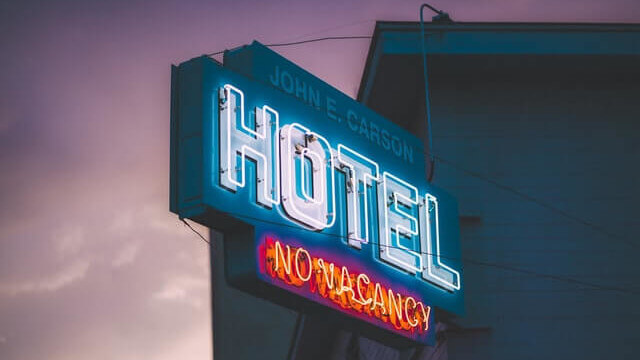Hotel overbookings can be a divisive topic.
NB: This is an article from SiteMinder
Some hoteliers love using this strategy to boost their revenue and protect their property from losing out due to last-minute cancellations. Others see it as a nightmare because they worry about the repercussions of dissatisfied guests.
Subscribe to our weekly newsletter and stay up to date
However, you can minimise the risk of having to walk travellers if you have a solid overbooking strategy. At the same time, this can help you get the most out of overselling.
What is the definition of overbooking for a hotel?
Overbookings, or double bookings, happen when a hotel sells more rooms than it has available for a given night. Many hotels do this deliberately to offset last-minute cancellations or no-shows and avoid losing revenue and occupancy.
Of course, it can also happen by accident. The most common cause of unwanted overbookings is when inventory availability fails to update on some distribution channels, and they don’t close on time. Then reservations can continue coming in despite the hotel being full.
What happens when a hotel overbooks?
When your hotel is overbooked for a certain date, follow the steps below to ensure everything goes smoothly. An established set of procedures is important.
1. Monitor occupancy levels and close reservation channels before you get too many overbookings. Check your data to see how many cancellations and no-shows you can expect. Use this information to gauge how many extra bookings you can accept and close sales in time.
2. On the day, analyse your arrivals to determine who you can walk. This can have a significant impact on your overbooking strategy’s success, so choose wisely.
If possible, keep the following travellers in-house:
Repeat guests: Walking a loyal guest would risk upsetting them because they’d likely feel you don’t value them. In the worst case, this could mean losing them and their future business.
Loyalty members: First-time guests who are part of your (or your chain’s) loyalty program should have priority as they are more likely to return.
Direct bookers: Keep guests who reserved via your website in-house as they’re more likely to become loyal to your property or brand.
High-paying and long-stay guests: Those who booked a special package (e.g. including ancillary services), a more expensive room category or a long stay bring more value than a one-night standard room booking.
Travellers celebrating a special occasion: Someone who is staying at your hotel to celebrate their birthday or wedding anniversary, probably booked your hotel for a reason. Walking them would seriously dampen their day and could result in a particularly bad review.
When looking for guests to walk, travellers who have booked a standard room for a single night via an OTA are your best choice. You can also go through your bookings to see who hasn’t pre-paid, left a deposit or given a credit card to guarantee their reservation. Since these bookings have a higher probability of being cancelled, you can add them to your list of potential book-outs.
Read rest of the article at SiteMinder
The post How Can You Make The Most Of An Overbooking Strategy? appeared first on Revenue Hub.
































